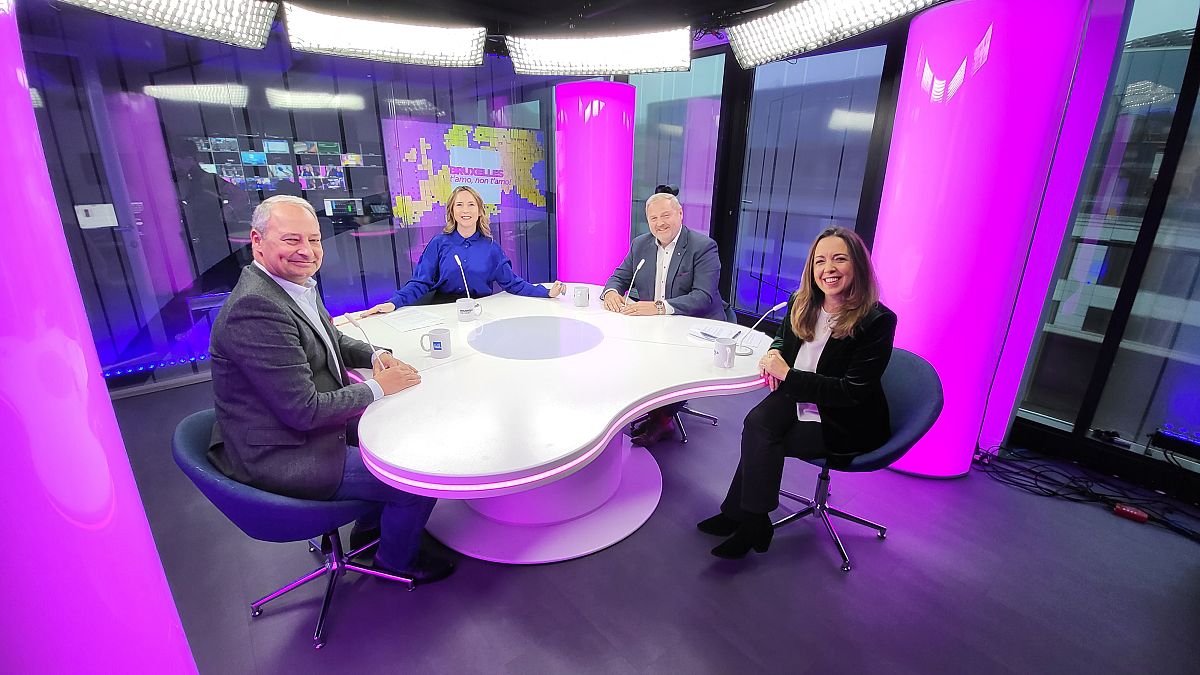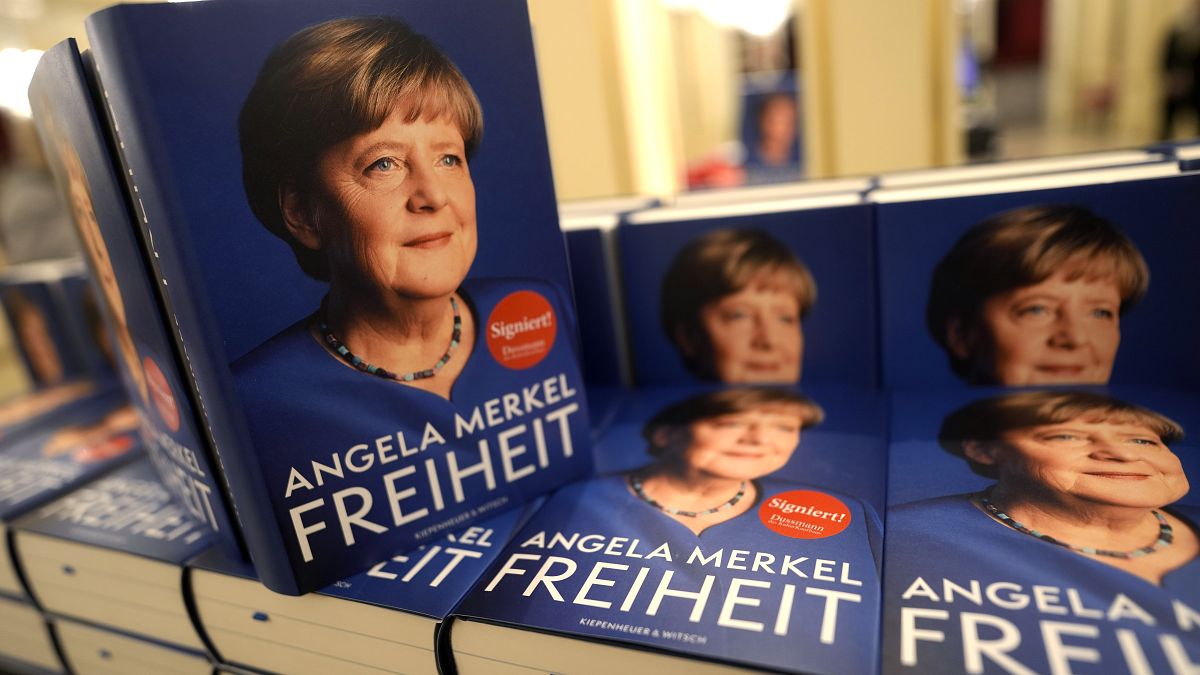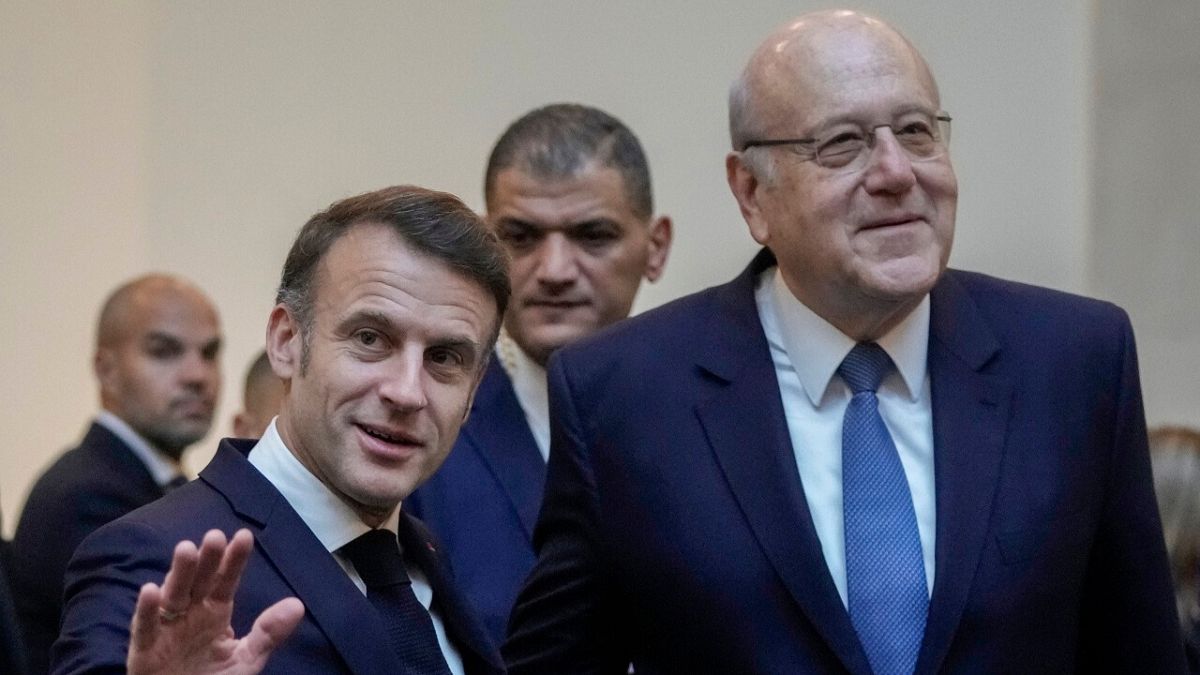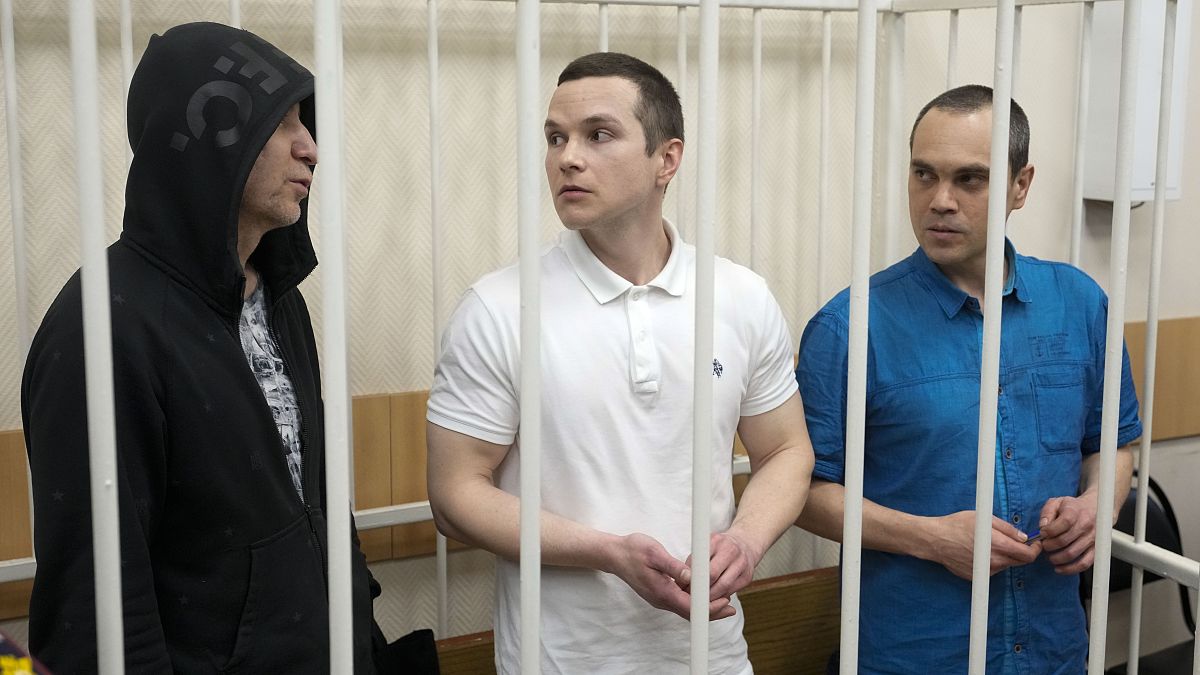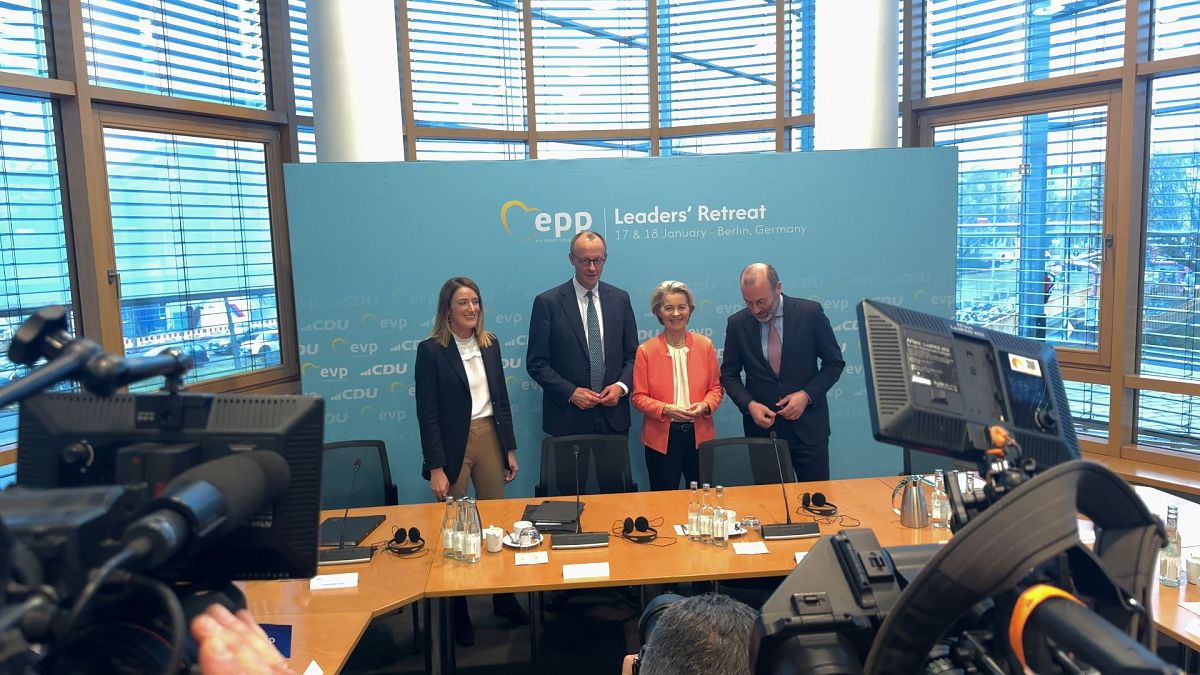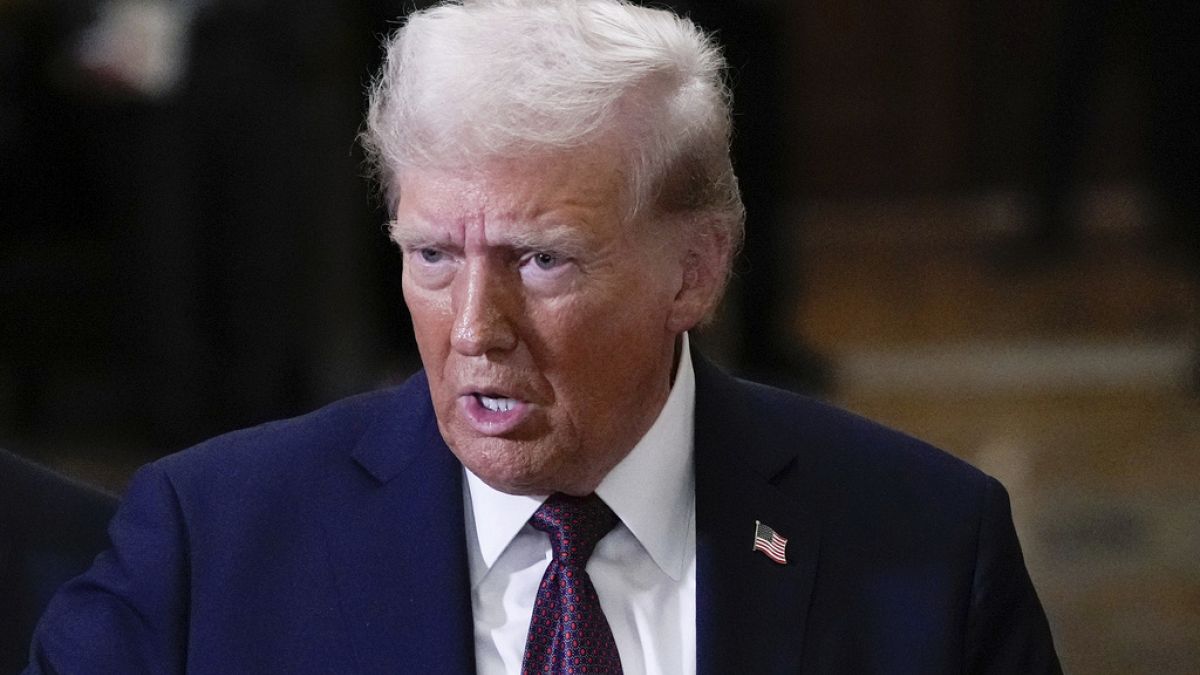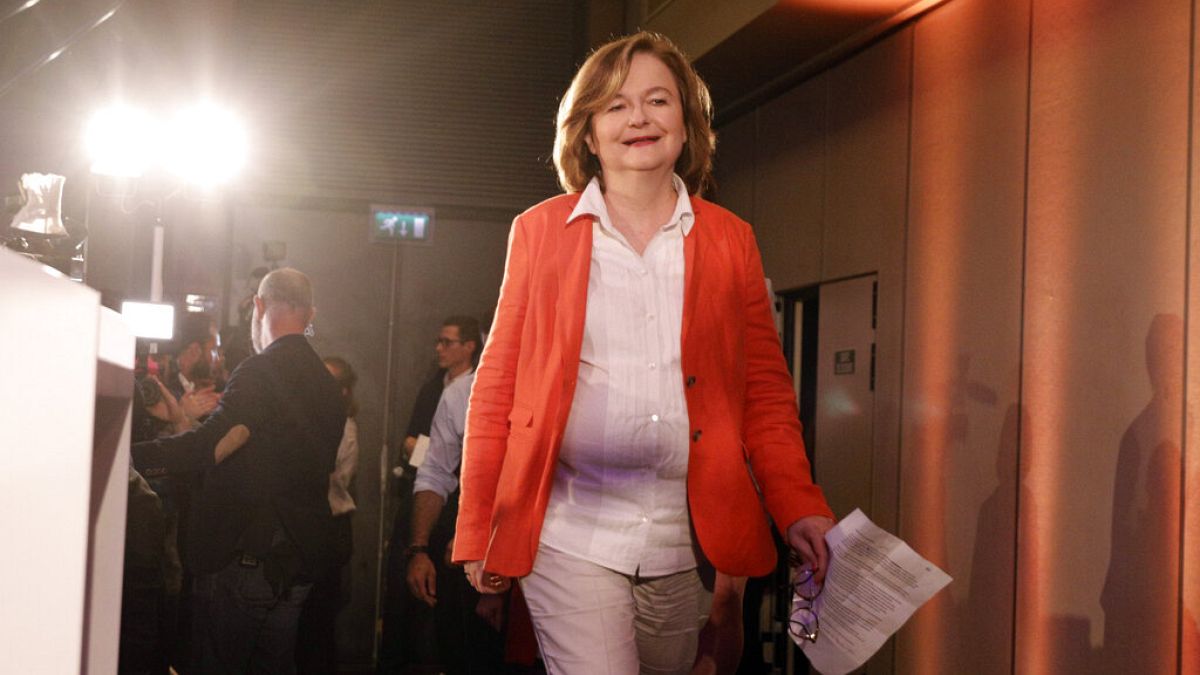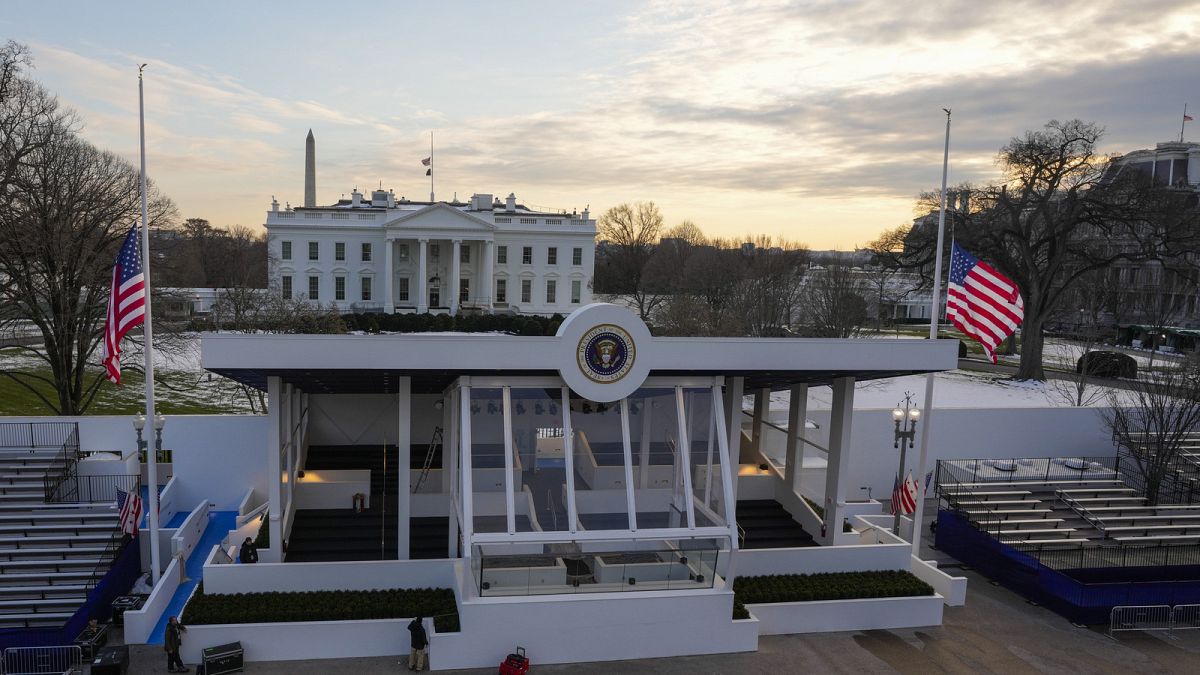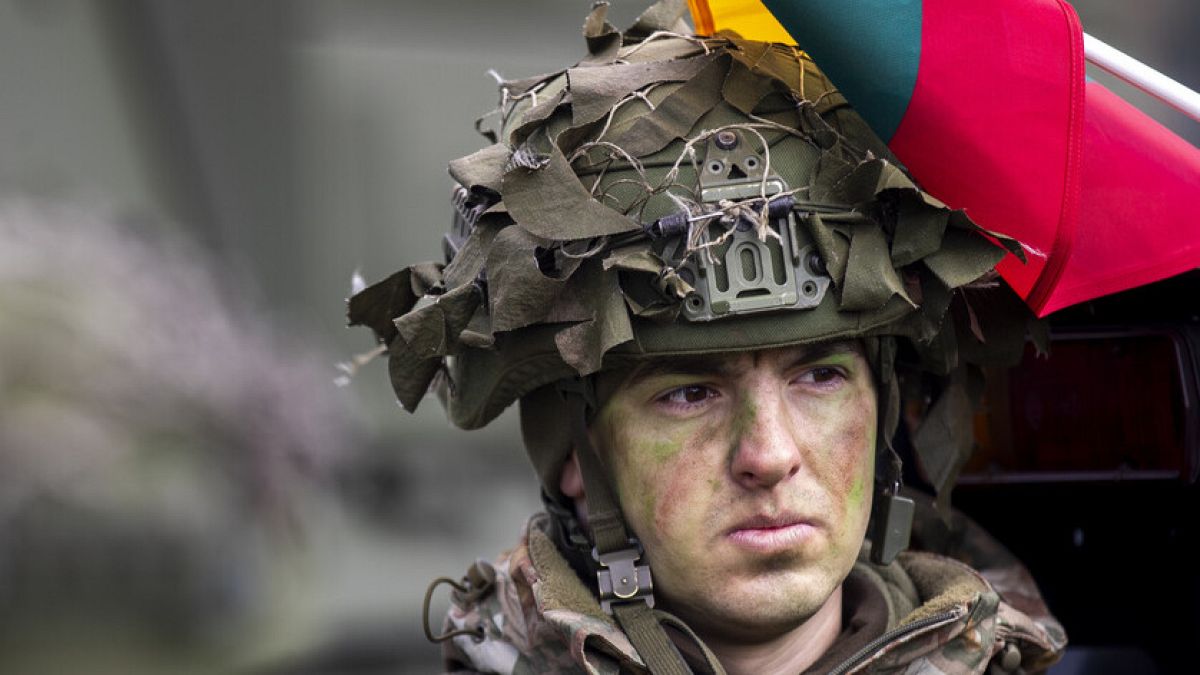‘Freedom’ is an autobiographical book by Angela Merkel, former German Chancellor from 2005 to 2021. It retraces her national and European political career.
“Freedom” is the political book of the year. In an autobiography, former Chancellor Angela Merkel looks back on her 16 years at the helm of Germany. Originally from the East Germany under the German Democratic Republic, the Christian Democrat leader profoundly impacted the European project.
The publication of her memoirs, almost 700 pages long, is an opportunity to analyse the political legacy of Merkel, who was often described as the most powerful woman in Europe.
In the book, she justifies her decision to reject the rapid accession of Ukraine and Georgia to NATO. She maintains that it would have been an illusion to believe that such integration would have protected the two countries from Putin’s aggression.
At the European Parliament, Virginijus Sinkevičius laments the former Chancellor’s choice. “I think it (not allowing accession) was a mistake. I think it would have sent a very, very clear message to Vladimir Putin,” says the Green MEP.
“It’s much easier to answer the question of whether he (Vladimir Putin) was ready to attack Georgia or Ukraine. And he did just that in 2008, he attacked during the opening ceremony of the Olympic Games. He attacked Georgia,” he adds.
Angela Merkel has also been criticised for making Germany, the EU’s leading economic power, heavily dependent on Russian gas.
‘”Angela Merkel’s policy turned out to be a losing one because, because of the desire to obtain cheap gas, she allowed Putin to determine the strategic choices of Germany and Europe,” says MEP Michele Picaro of the European Conservatives and Reformists.
Among the issues encountered by Angela Merkel during her four terms in office, the former Chancellor talks about the Greek financial crisis and European debt crisis in her book. Her firm stance at the time was criticised by Jonas Sjöstedt.
“I think she has left a very bad legacy as far as the euro crisis is concerned,” said the Swedish MEP.
“What they did was save the German banks. They made sure they were paid back. And they sacrificed the Greek people, but also the people of Spain, Portugal and Ireland,” he continued.
But the former Chancellor also has supporters in the European Parliament. Radan Kanev of the European People’s party praised the way Angela Merkel handled things.
“The eurozone was on the verge of collapse. And Greece, as a country, as a nation, was on the verge of collapse,” he recalls.

